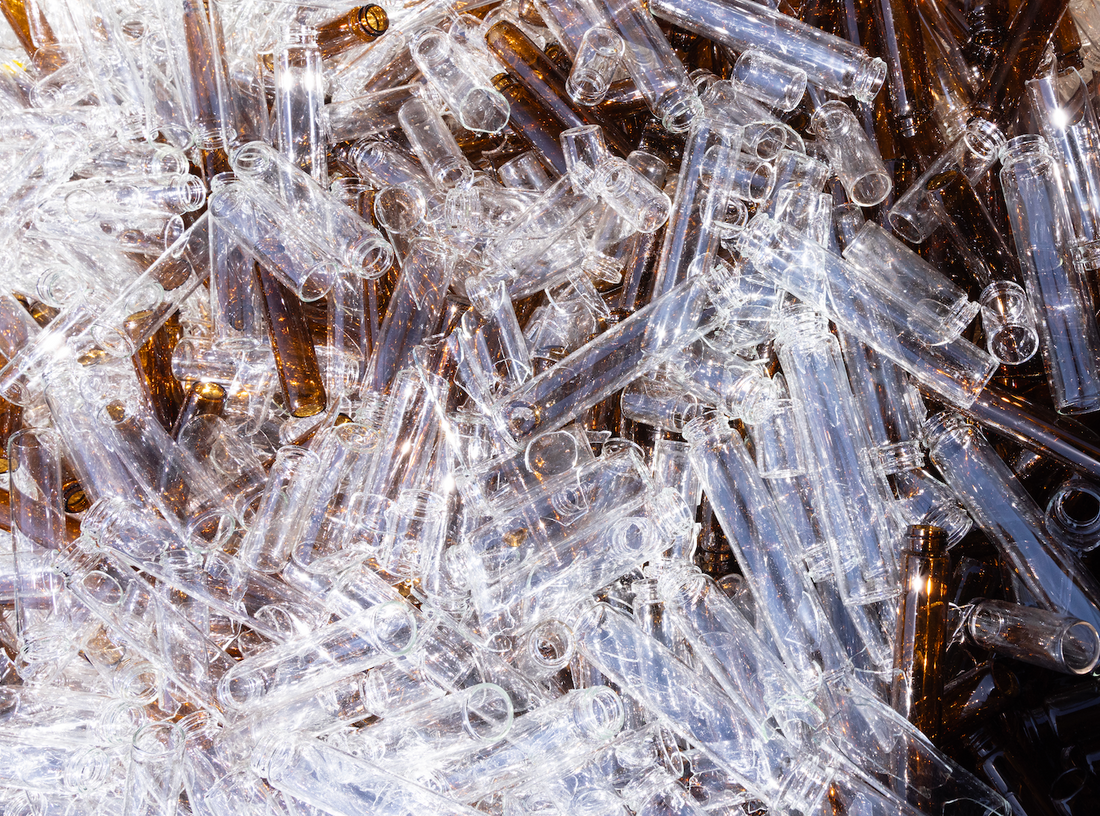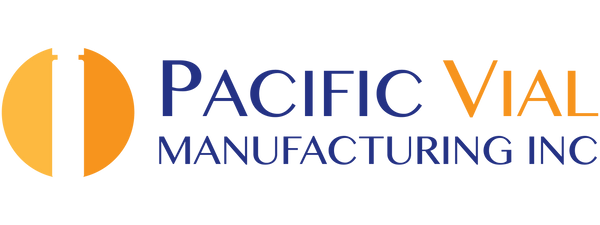
Sustainability in the Glass Vial Industry: How Recyclable Packaging Helps the Environment
Share
In today’s world, sustainability is more than just a buzzword—it’s a necessity. As consumers and businesses become more environmentally conscious, industries are turning to sustainable practices to reduce their environmental impact. One such practice is the use of recyclable glass vials in packaging. Let’s take a closer look at how recyclable glass vials benefit the environment and why they’re a smart choice for businesses committed to sustainability.
1. Glass is 100% Recyclable
One of the biggest advantages of glass is that it’s 100% recyclable, meaning it can be recycled endlessly without losing quality or purity. Unlike plastic, which often degrades over time and can only be recycled a few times, glass can be melted down and reformed into new products repeatedly. This makes it a highly sustainable packaging material for industries like pharmaceuticals, cosmetics, and health and wellness.
By using glass vials, businesses can significantly reduce waste and contribute to a closed-loop recycling system, where materials are reused rather than discarded. This reduces the need for raw materials and lowers the carbon footprint associated with packaging production.
2. Reducing Plastic Waste
The global push to reduce plastic waste is more urgent than ever. Plastic pollution is a major environmental issue, with millions of tons of plastic ending up in landfills and oceans each year. By choosing glass vials over plastic containers, companies can help reduce their plastic footprint.
Glass vials are an eco-friendly alternative to plastic packaging, especially for products that require long-term storage or chemical resistance. Glass not only protects the product inside but also contributes to reducing the amount of non-biodegradable plastic waste that ends up in the environment.
3. Energy Efficiency in Manufacturing
Sustainable manufacturing practices are becoming a priority in the glass vial industry. While the initial production of glass can be energy-intensive, recycling glass vials requires significantly less energy compared to creating new glass from raw materials. In fact, using recycled glass in production can save up to 30% of energy, making it a more eco-friendly option.
Additionally, many glass vial manufacturers are incorporating renewable energy sources into their production processes and optimizing their operations to reduce waste and emissions. These practices not only reduce the environmental impact of glass vial production but also align with the growing demand for green manufacturing.
4. Protecting Product Integrity While Staying Eco-Friendly
One of the best things about recyclable glass vials is that they don’t sacrifice quality for sustainability. Glass is naturally non-reactive, meaning it doesn’t interact with the contents inside, ensuring that products—whether it’s a vaccine, essential oil, or cosmetic serum—remain safe and effective. It also provides an airtight seal, protecting the product from contamination or degradation, while being fully recyclable at the end of its life cycle.
5. Meeting Consumer Demand for Sustainable Packaging
Consumers are becoming more environmentally conscious, and businesses that prioritize sustainability can attract a growing base of eco-conscious customers. In fact, studies show that 72% of consumers are willing to pay more for sustainable products. By using recyclable glass vials, businesses can demonstrate their commitment to the environment while meeting consumer demand for greener alternatives.
Conclusion
As the push for sustainability continues to grow, recyclable glass vials offer an environmentally friendly packaging solution that benefits both businesses and the planet. With the ability to be recycled endlessly, reduce plastic waste, and support energy-efficient manufacturing, glass vials are the ideal choice for companies looking to minimize their environmental impact. By adopting recyclable glass vials, you can protect your products, reduce your carbon footprint, and contribute to a more sustainable future.
